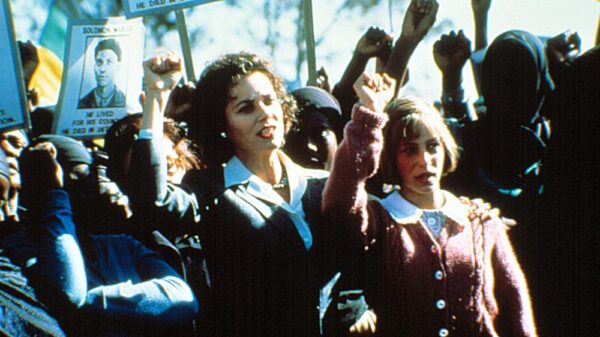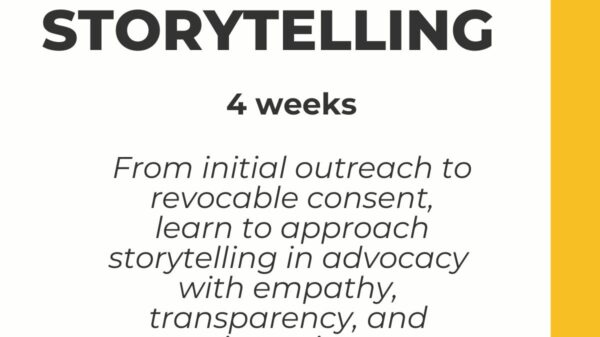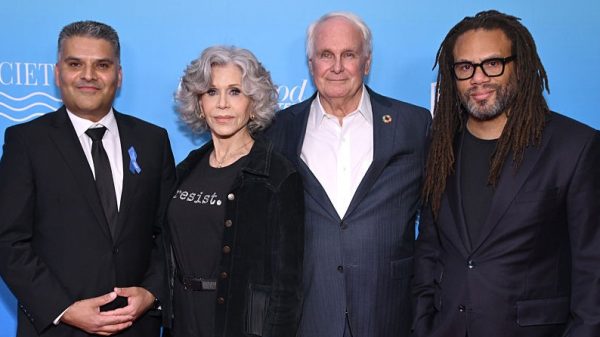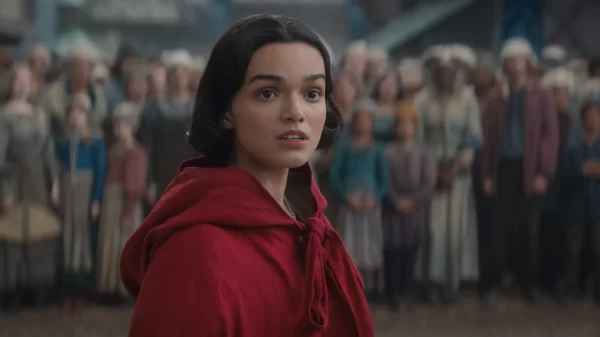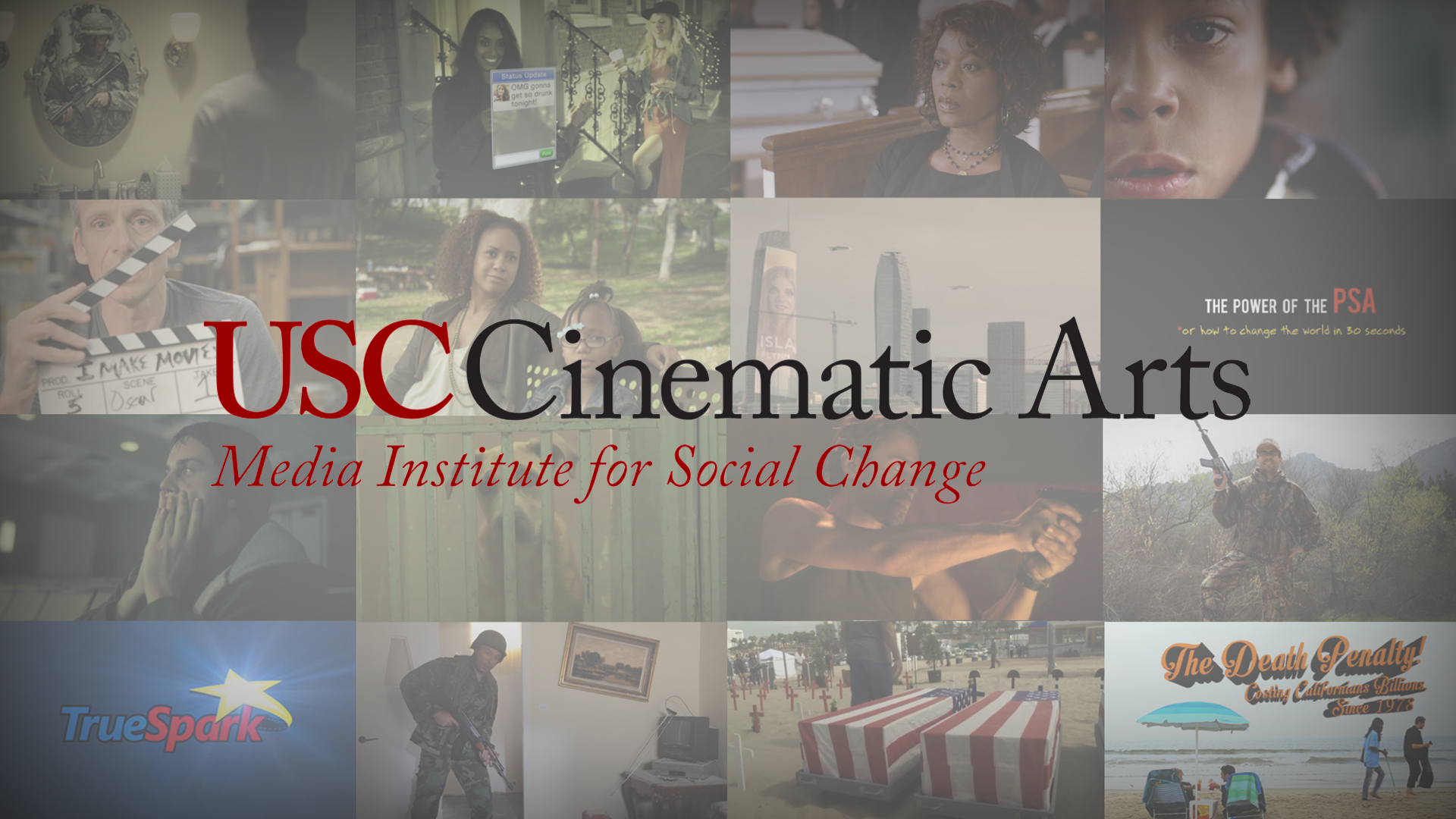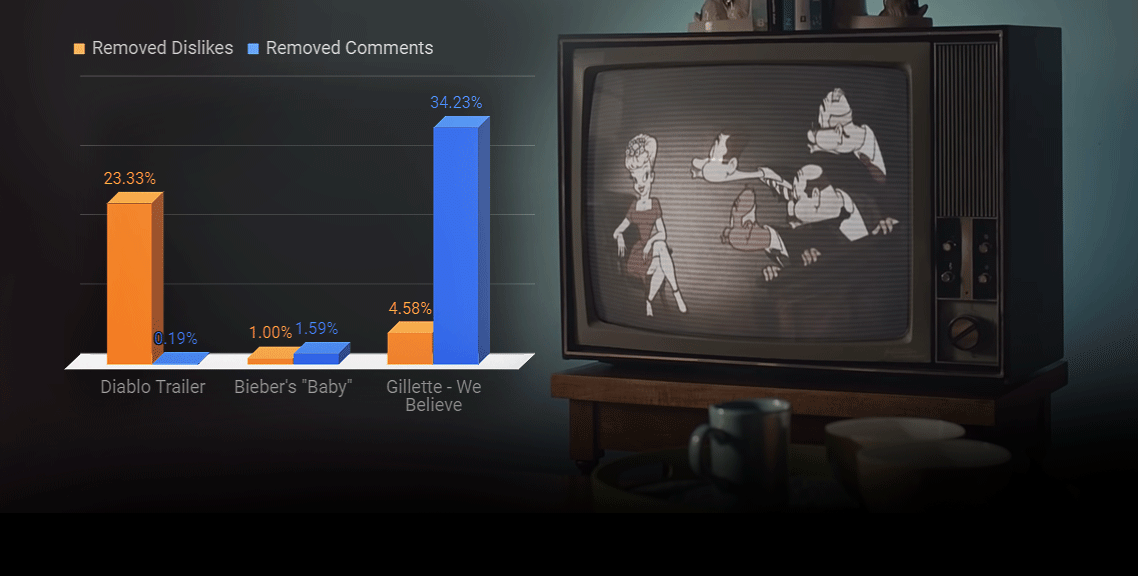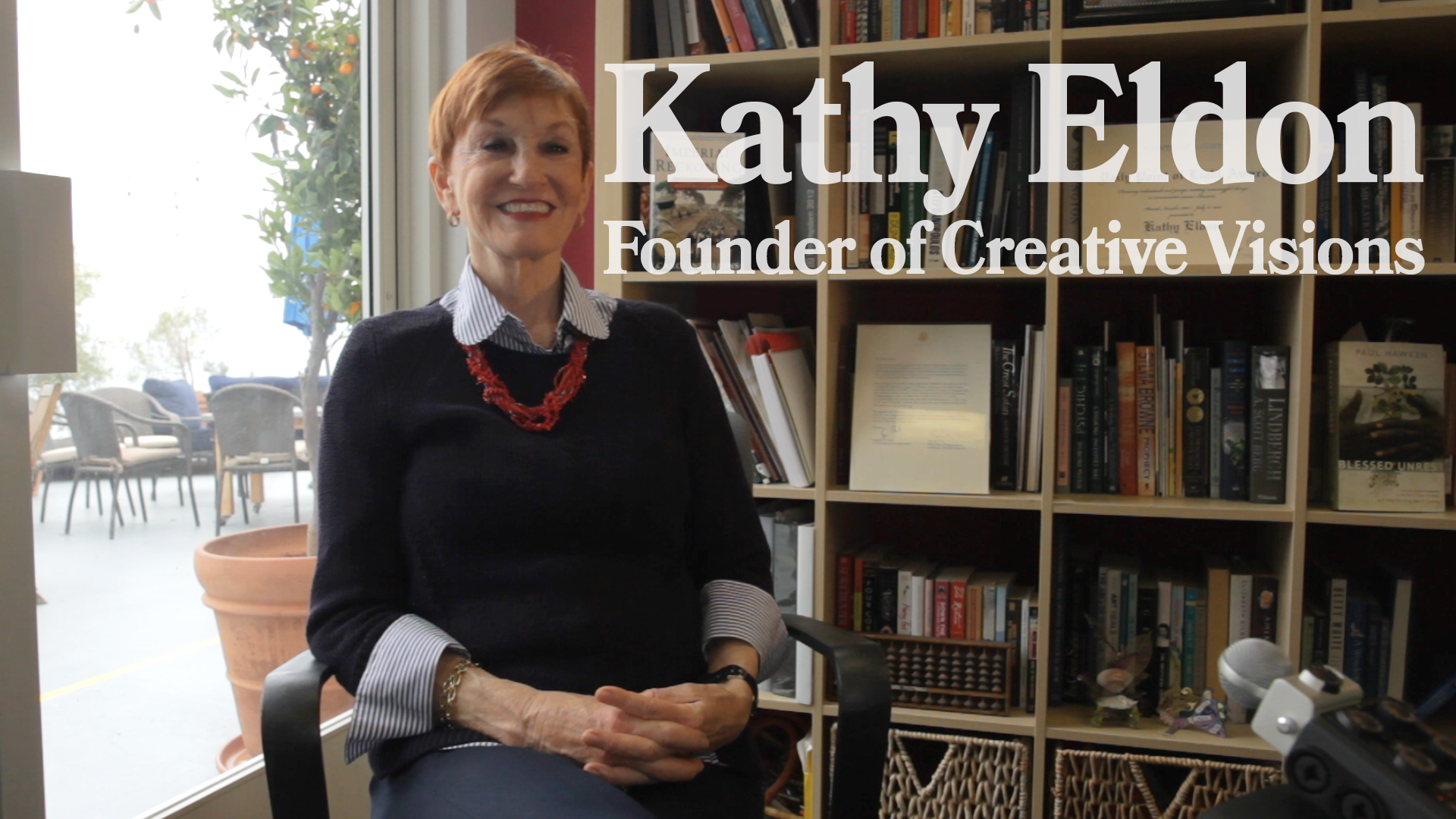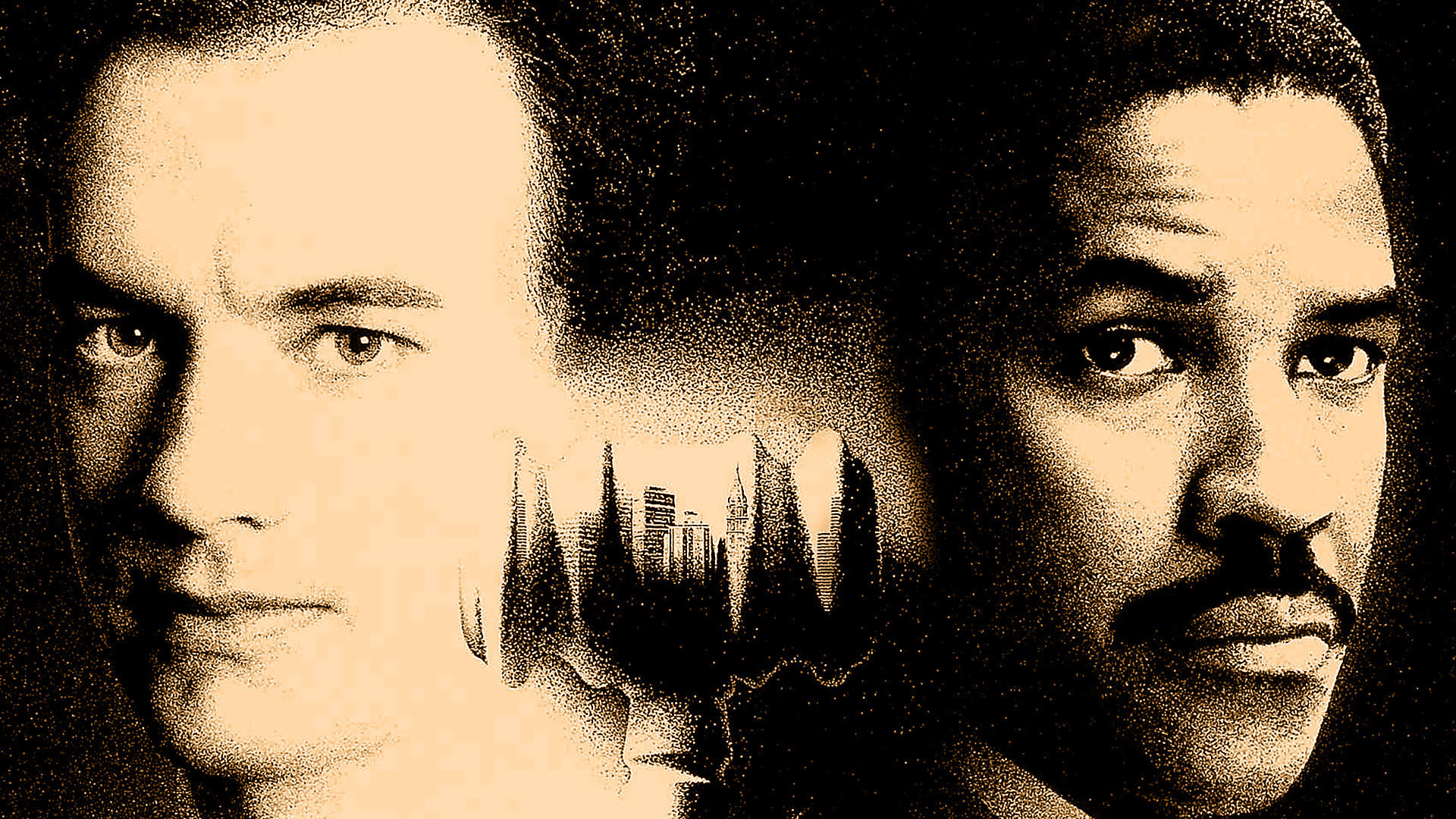Is the power a force, in which passion prevailed? Films may descend deep in the psyche and even further into the soul and their ethereal quality can get you high. There’s a movie we’ve all connected to on a very personal level. Early as children we have a favorite film we wish to watch over and over. Their stories affect us and we care about the images, and the prose of these images strikes our hearts. They’re most definitely the stuff of dreams. Through the heads of Georges Méliès and Coppola onto Harmony Korine and some future director that is right now just a child, the image projected is a dream.
You dream, and when your eyes watch a screen it’s familiar. Sometimes it’s horrible but it’s usually a pleasant time. We recognize the emotions at play and there’s an infinite pool to drink from. Those involved in the making know these dreams are the real deal, and they all get paid. But doing your job is different than grabbing an idea and seeing it through to the end involved in every aspect. Films derive from many places and there’s a thin line between the films created and marketed for a consumer profit, and those that are simply an artistic passion.
The elevation a blockbuster can induce is eerily similar to a Herzog film. So if some moving pictures are created strictly for business purposes, what’s the difference between the films shown in art house/indie cinemas and theatre chains? Is the offering so different it requires a different mindset?
Yes and no. Undoubtedly a particular audience is studied when a production company is setting aside millions upon millions of dollars to hand over to a project that must make all that cash back and more. And what of the others? The films made of dreams? For no matter how much a movie costs to make, they’re all crafted by the hearts of humans. People work for days or months even years, writing and planning and shooting. We know this, it’s common knowledge films take extensive work to be made but it’s not something that we usually have in mind as we watch one. Films have a certain dignity and we innately hold a respect for them. Ten million dollars or ten dollars, bad or good, either all films are dreams or none.
The available encompassing of other mediums through film allows for craftsman of all dimensions to become involved and so we get a myriad of arts in one sitting. Perhaps that fact makes films more understanding to us. The pretty colors of a cinematographers lighting choice and loud music of a blaring orchestra often become magic. They’re undeniably alluring, an experience of realized dreams capable of change.
Great power is a conduit for change. We’re shown things one would never otherwise experience. ‘Jurassic Park’ visualized dinosaurs to an awesome degree, opening our minds to the world of prehistoric times. Kurosawa’s ‘Ikiru’ showed us the hypocrisy in bureaucracy and embraced the fragile hold we have with our personal legacies, exposing emotional and visual experiences we can awe at and connect with. This is why documentaries can immediately shift the attention to it’s subject and force upon the viewers a change of perspective and why films such as ‘Blackfish’ can create change. The directors and the cameras get in the thick of it, teaching or preaching but usually simply observing a part of the universe, enlightening us.
Take for example a classic that struck fear into the showers of every home, Hitchcock’s ‘Psycho’. People were literally afraid to shower because of the infamous murder sequence, which in fact did not show any actual stabbing. With clever editing the knife penetration is only implied, enhanced by sound effects. Throughout the nation people were fainting at the horror! Dull by today’s comparisons, at the time of the release it was unabashedly relentless, killing off the main character part way through the film and showing her Hershey’s blood run down the drain. The image of her dying eye a frenzy of surreal and horrific emotions. We’re not safe anywhere. This is what people felt in their steel auditorium chairs, an experience like no other. One’s breath was held within because of the power of the images.
When films promote a certain viewpoint or study a subject, documentary or otherwise, it’s the filmmaker’s intention to say something even if that something is about nothing. Social direction shines ahead of its time in films, questioning current or future state of affairs, offering options or showing us the consequences. In the drama, the horror, the laughter, we see ourselves up on that screen in characters, the dialogue, in shots of landscapes. It’s us up there, we feel it, and that power will sway spirits, forging truth in ourselves. That power is capable of creating love.
I’ve always liked movies, just like everyone else, but I’ve fallen in love. I wasn’t struck stupid by this love until my family bought a local video store at a ripe age and I had potent access to thousands of titles. It was a dream I’ve never dreamt come true, it was meant to be. As life went on, it changed for the better as I lunged into the depths of imagination and never found my way out. This simple power caused a shift in my being and I’m not alone. Films reflect life, therefore they’re alive.
I may be coming off a bit over sentimental, but I think it’s appropriate. This romantic view of cinema I have is because I’ve been involved in a lifelong romance with it, and likely you have too.


